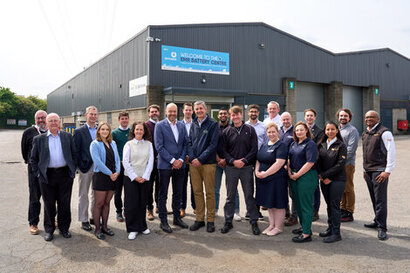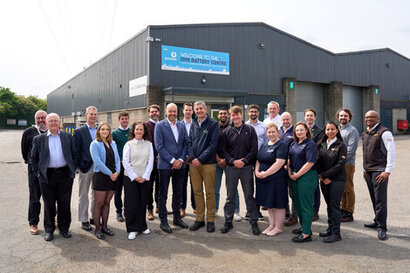The RECOVAS consortium, led by EMR, has completed its four-year mission to develop the UK’s first circular economy for end-of-life electric vehicle (EV) batteries. The project brought together car manufacturers, recyclers, academics, and industry innovators to create a sustainable supply chain for EV batteries. The RECOVAS project’s final event was held on May 7 at EMR’s new battery recycling facility in Birmingham, marking the end of a successful project funded by the Advanced Propulsion Centre (APC).## Key Achievements
- EMR invested multimillion-pounds in a cutting-edge EV battery recycling facility in Birmingham, capable of processing 2,000 tonnes of end-of-life EV batteries per year, creating 14 full-time jobs.
- Car makers BMW, Jaguar Land Rover, and Bentley Motors developed guidance for the automotive supply chain to ensure next-generation EVs are designed with reuse, remanufacturing, and recycling in mind.
- Autocraft Drivetrain Solutions developed a mobile triaging unit, remanufacturing unit, and battery testing process to assess and repair end-of-life EV batteries.
- Connected Energy established a business case for utility-scale energy storage repurposing second-life EV batteries.
- WMG at The University of Warwick researched lithium recovery from black mass created during the recycling process.

The partnerships and culture of collaboration fostered by RECOVAS are set to continue, particularly as the supply chain for virgin rare earth metals appears increasingly uncertain. ‘EMR is extremely proud to have led the RECOVAS consortium,’ said Alexander Thompson, Innovation Project Manager at EMR. The RECOVAS partnership also won the 2025 Resource and Waste Management Partnership of the Year at the LetsRecycle.com Awards for Excellence on May 1.



